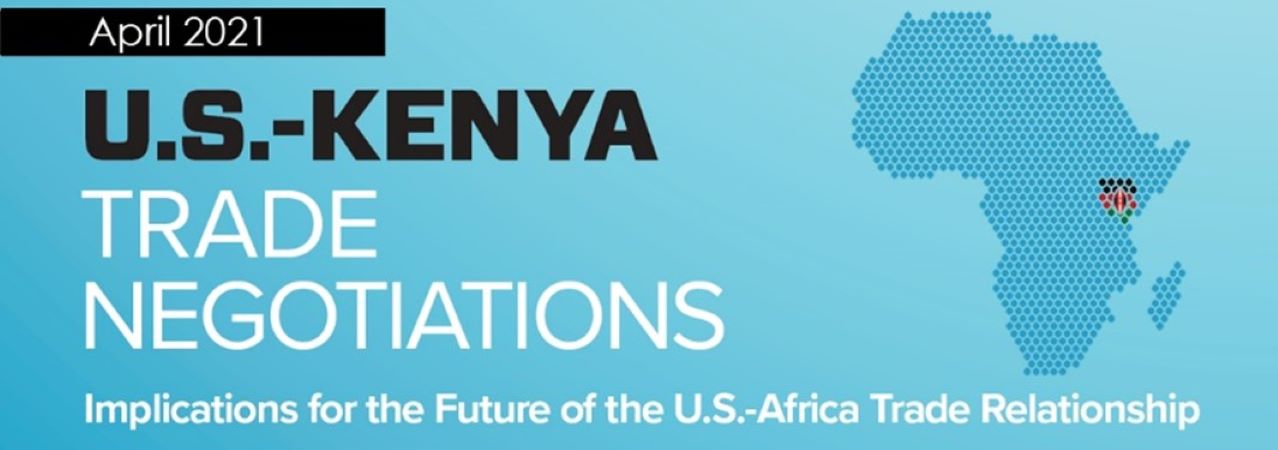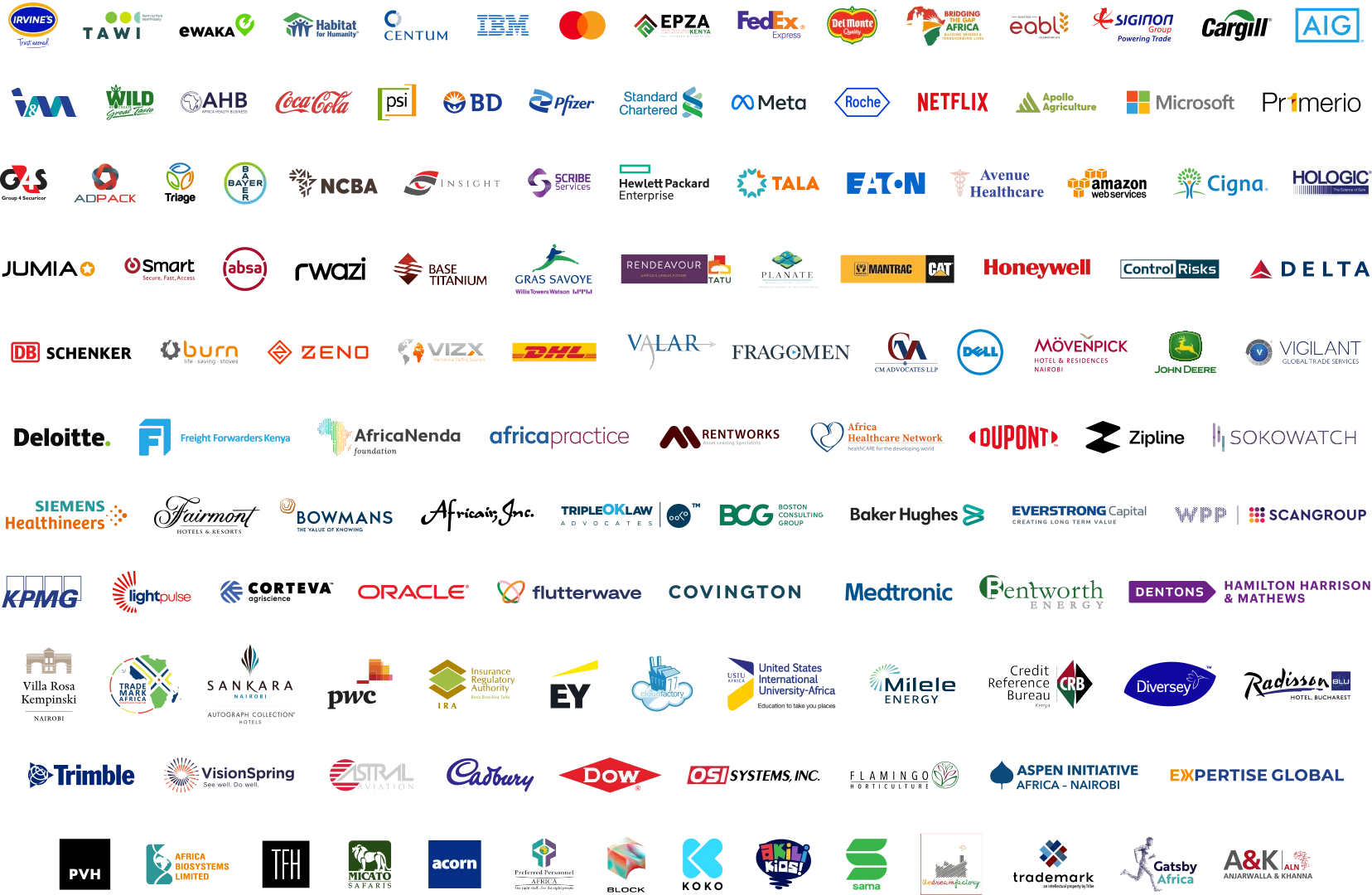
KEY FINDINGS
The report identifies several priorities for an FTA between the United States and Kenya, including:
Increasing Predictability: A number of business executives anticipate that an FTA will introduce more predictability in U.S.-Kenya commercial relations, mitigating the uncertainty associated with the annual eligibility review process under AGOA. A comprehensive high-standard FTA also contains obligations relating to transparency, anticorruption, good regulatory practices, and government procurement, which could improve the business environment in Kenya and encourage more U.S. investment into the country.
Engaging Small and Medium Enterprises (SMEs): Both Kenya and the United States have an interest in promoting economic opportunities for small and medium enterprises in their respective countries. The United States has included chapters in prior FTAs that seek to promote and facilitate participation of SMEs in international trade, while Kenya hopes the FTA will lead to the creation of “decent jobs and sustainable livelihoods” generated by a growing economy.
Expanding Reciprocal Access: An FTA would inject reciprocity into the U.S.-Kenya commercial relationship, which would make U.S. goods and services more competitive with products from Europe that currently receive preferential treatment under the Economic Partnership Agreements. It would also be a signal to China of Kenya’s interest in diversifying its commercial relationships.
Facilitating Digital Trade: The economic importance of digital trade has been underscored by the COVID-19pandemic, as governments and populations have increasingly sought to use digital options and contactless alternatives to ensure business continuity while maintaining social distancing. Interview respondents identified digital trade as a key condition for ensuring inclusive economic growth through trade, including for SMEs and other businesses across various sectors such as agriculture, infrastructure, and health. They also underscored the role high-standard digital trade disciplines play in creating certainty for businesses navigating the fast-changing and increasingly complicated web of laws, regulations, and standards that contribute to global data governance. At the same time, some challenges exist, including Kenya’s implementation of a digital service tax (DST) effective January 1, 2021. Local tech companies have voiced their opposition to the tax, while U.S. tech companies and the U.S. government have opposed the unilateral adoption of such measures outside an ongoing multilateral negotiation under the Organisation of Economic Co-operation and Development (OECD). Respondents interviewed for this study were hopeful that the FTA process could present a more favorable outcome for the industry on this and other issues related to digital trade measures.
Tackling Trade in Genetically Modified Organisms (GMOs): Since 2012, Kenya has imposed a ban on most imports of GMOs, including feed imports and food. This has been an obstacle for agricultural trade between the United States and Kenya and has also disrupted trade to other parts of the continent. Interview respondents were optimistic that an FTA could facilitate a bilateral solution to this issue.
Improving Intellectual Property Protections: Business executives interviewed for this study consistently cited the improvement of intellectual property protections and enforcement in Kenya as a potential benefit of an FTA, which respondents anticipate could lead to new investments by the innovative industries.
Enhancing Transparency, Capacity Building, and Enforcement: The trade negotiations, as well as the AfCFTA agreement, create an opportunity to address challenges in Kenya to international trade, including those relating to the regulatory environment, trade facilitation, intellectual property (IP) enforcement, law enforcement, and supply chain policies. Progress in these areas will improve the overall business environment in Kenya, and will also align with Kenyan policies that seek to address illicit trade, which is a key challenge for companies doing business in the Kenyan market. Technical assistance will likely be key to addressing these issues, and may require the United States to consider measures that incorporate robust trade capacity building in the final agreement.
Preserving AGOA Benefits: Over 70% of Kenyan exports to the United States are covered by AGOA. Kenya had the second highest AGOA utilization rate of the 40 program beneficiaries in 2018, and the highest utilization rate for non-oil exports. Kenyan decision makers will want to maintain this access in trade negotiations with the United States. At the same time, U.S. negotiators will seek to ensure that any agreement contains adequate reciprocal market access.
We welcome you to read the report and share your thoughts on key issues presented with us.
Co-authored with the U.S. Chamber’s U.S. – Africa Business Centre and Covington.







